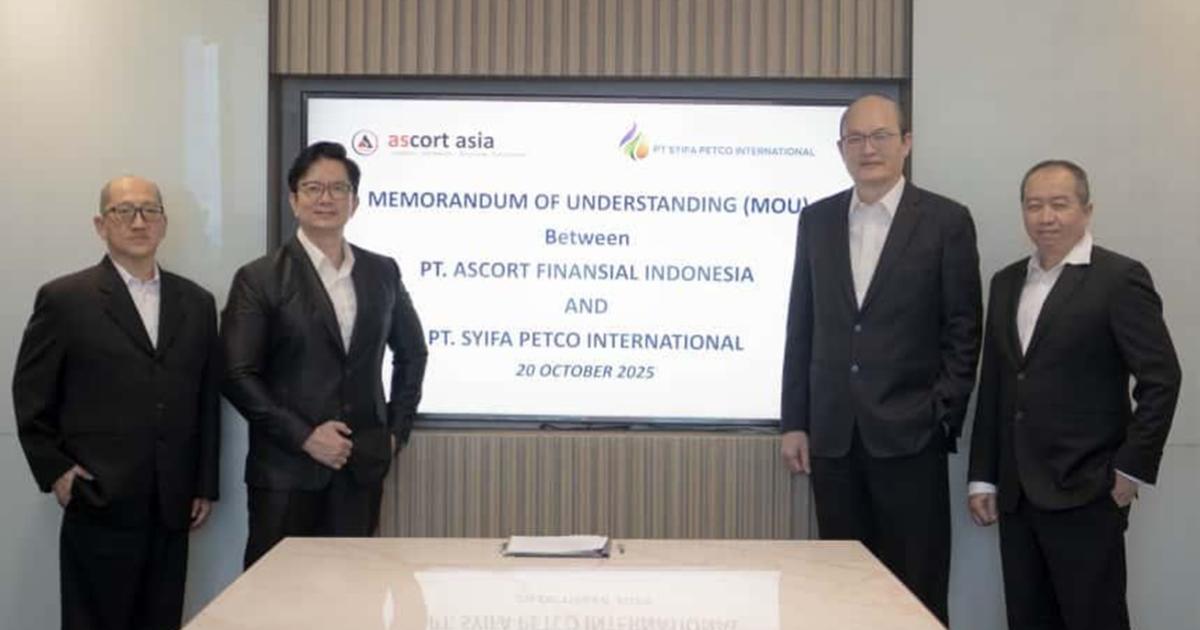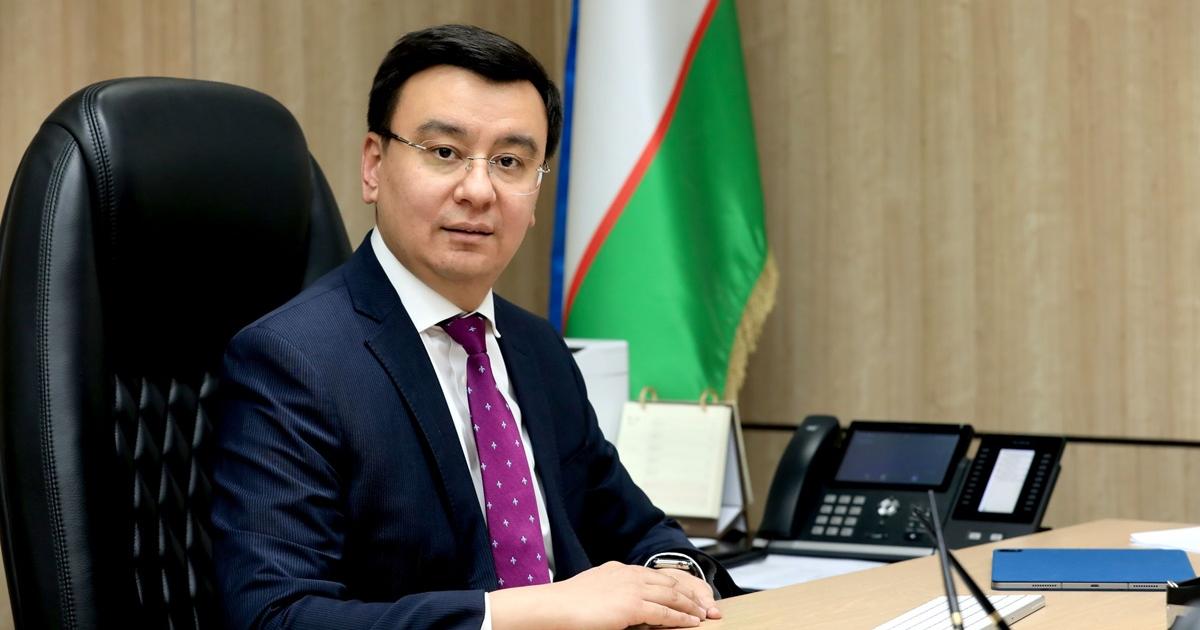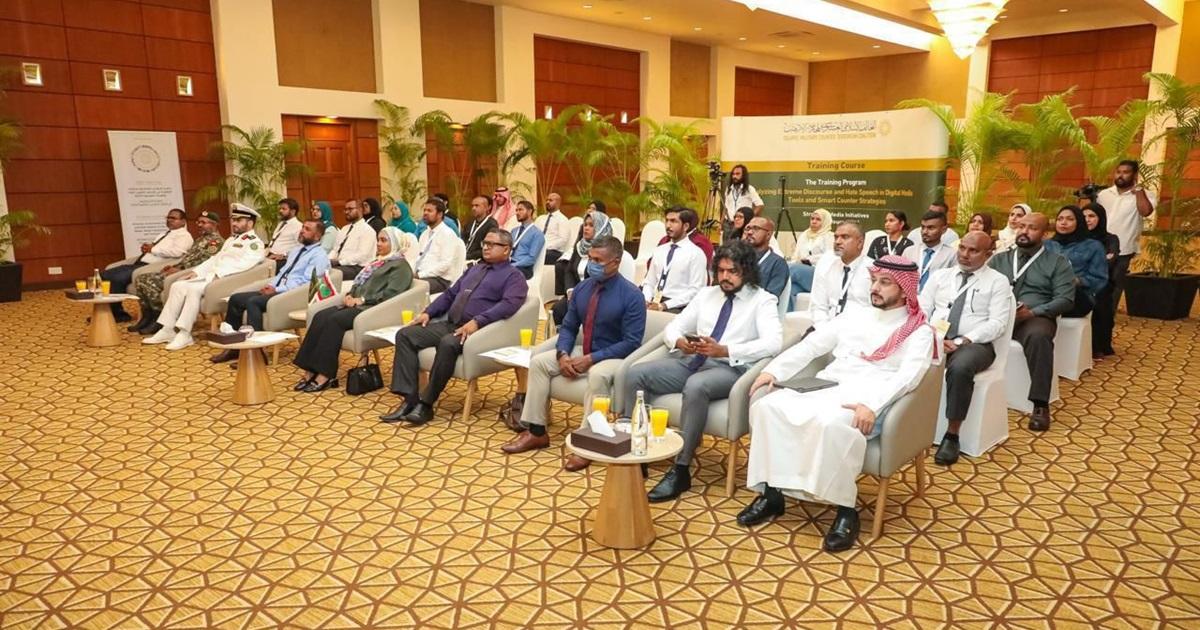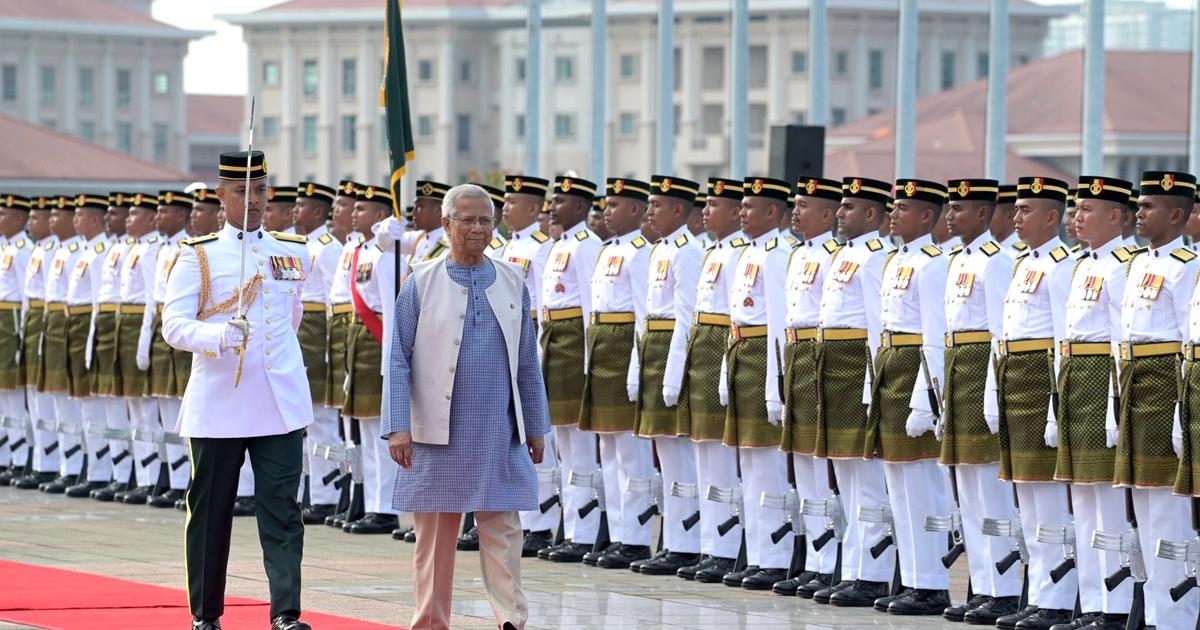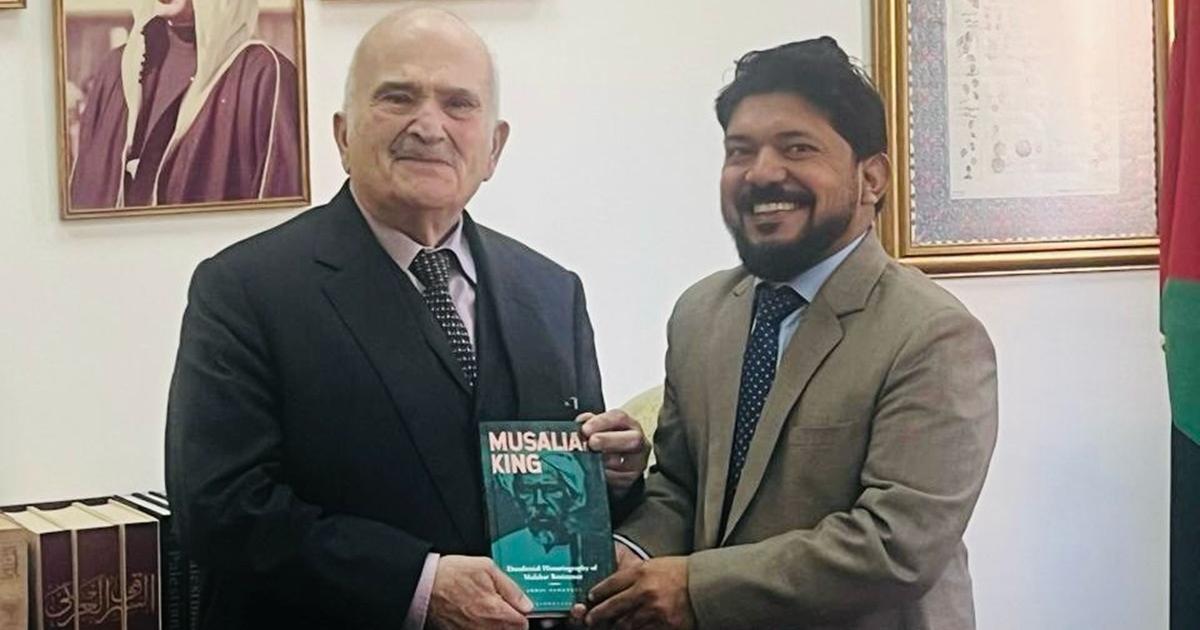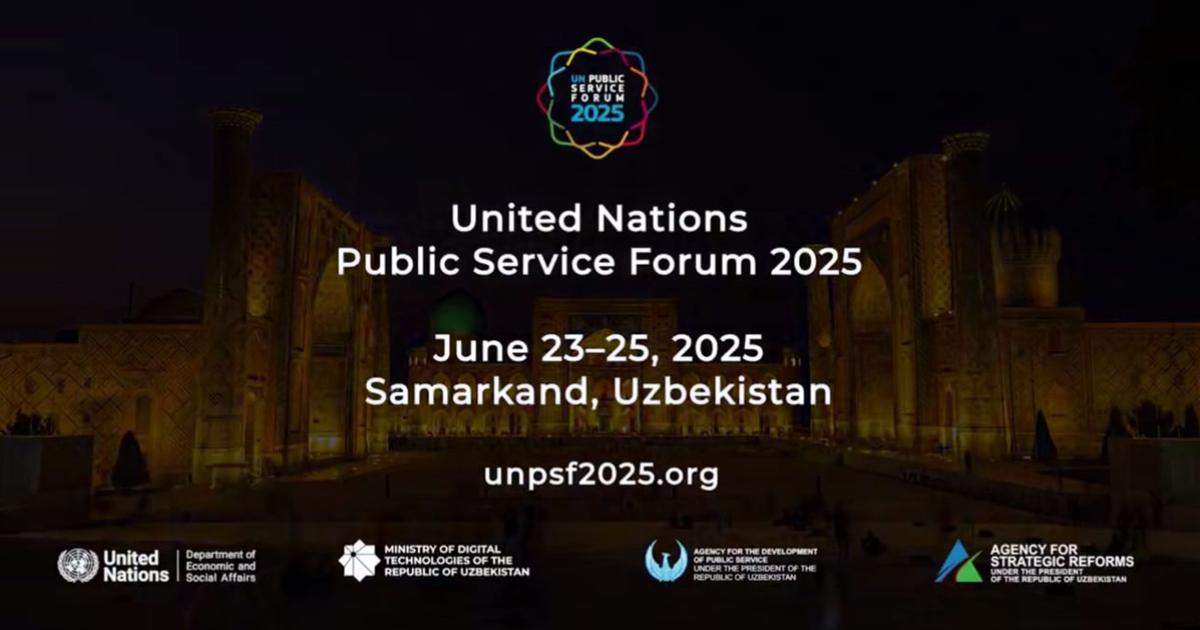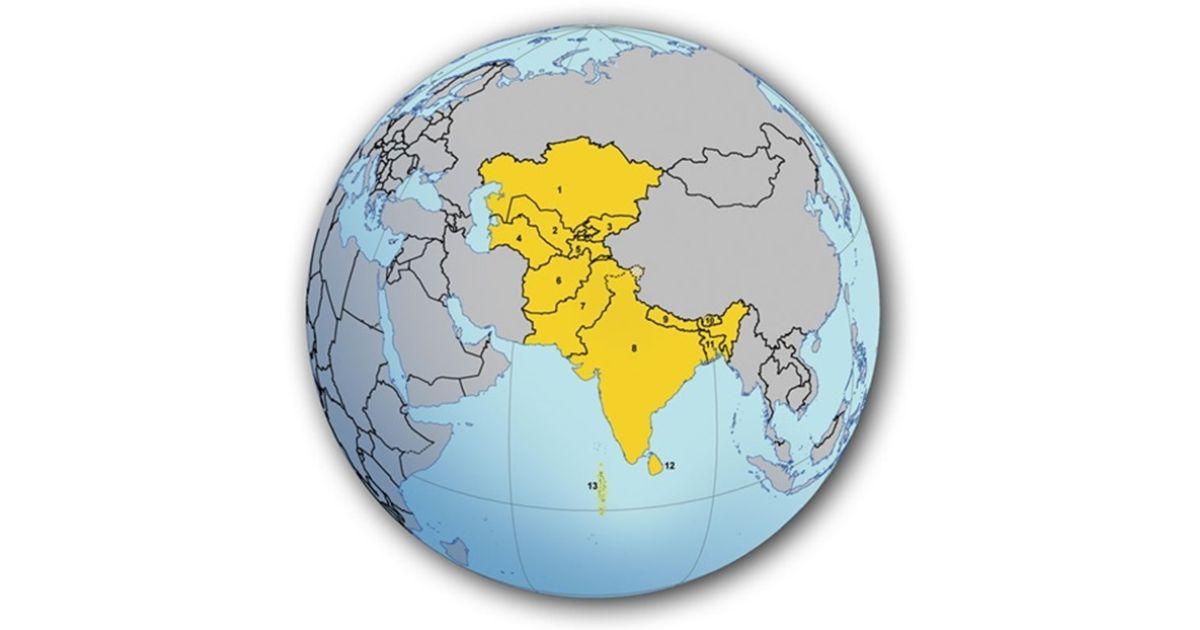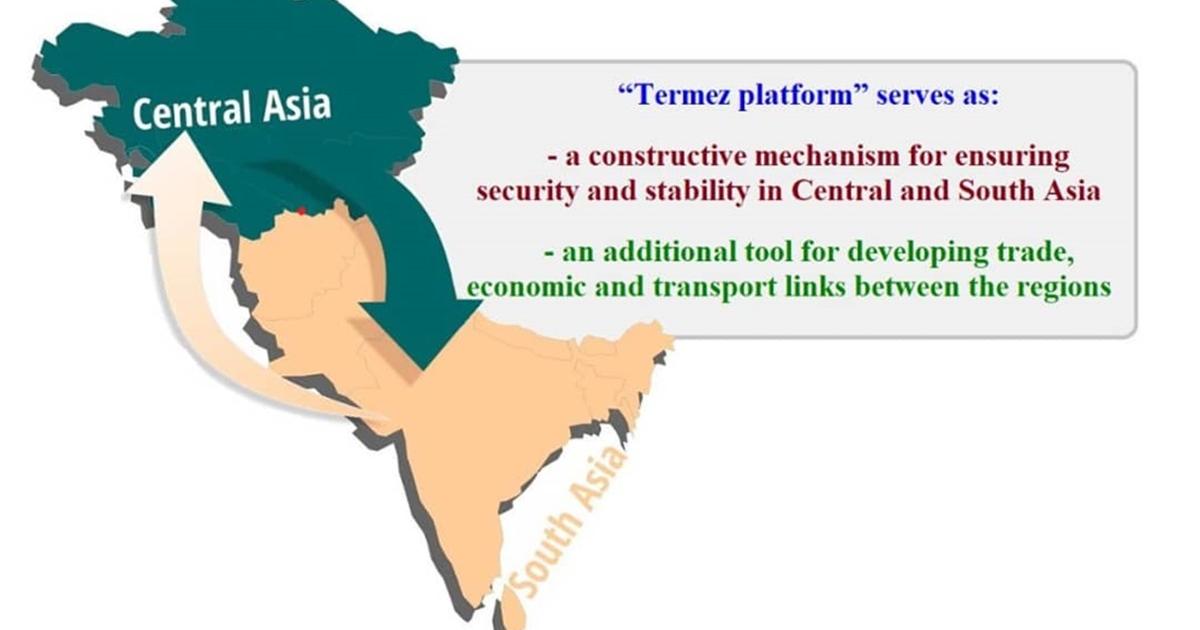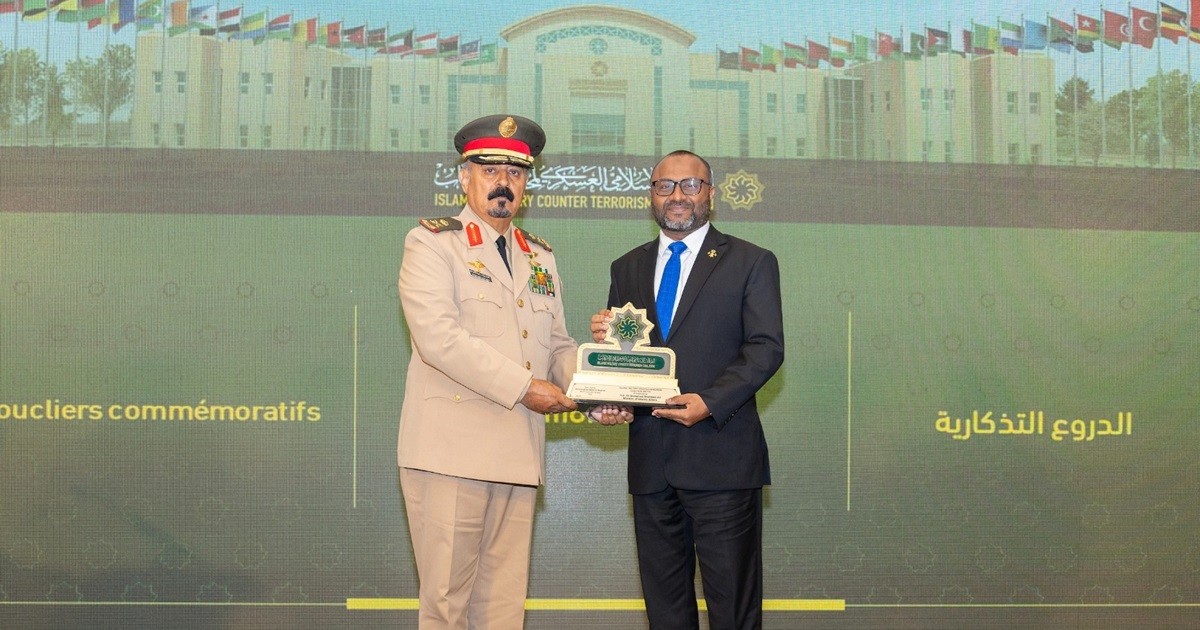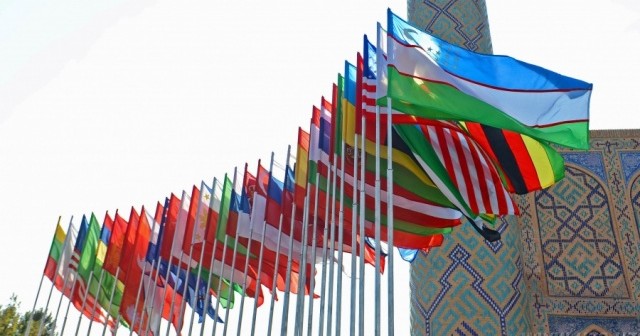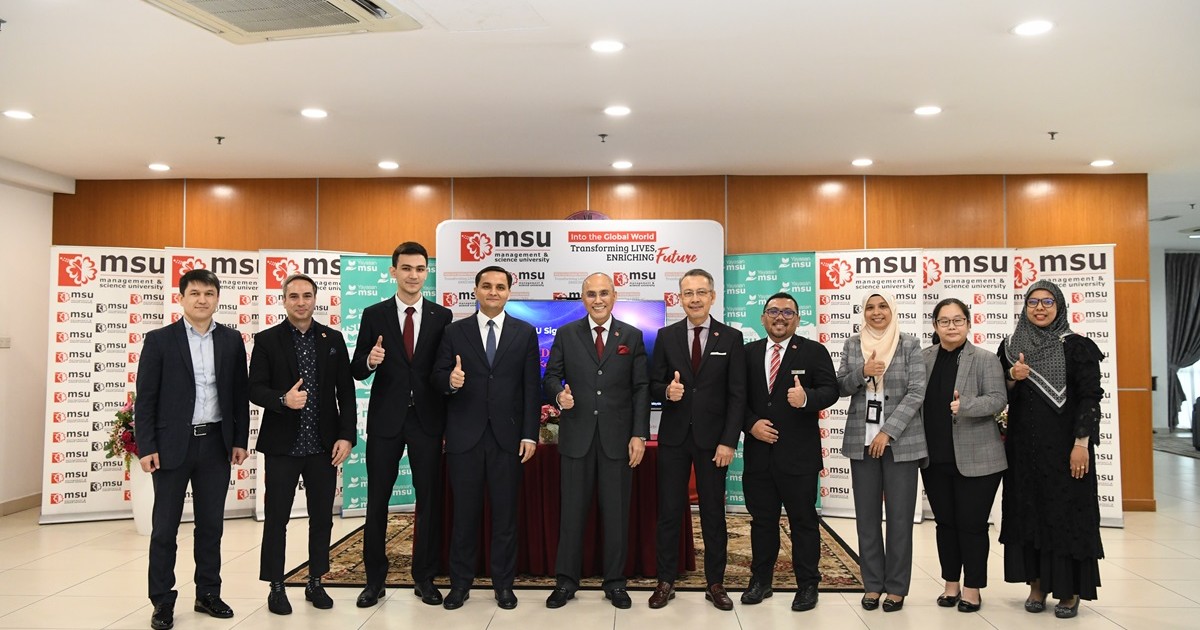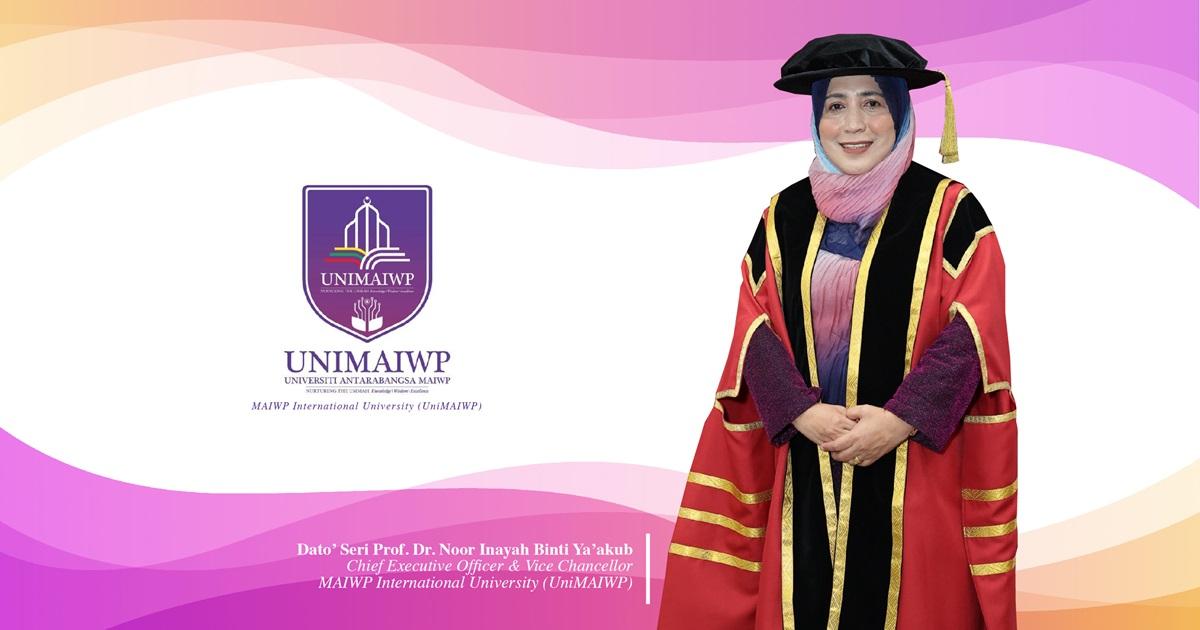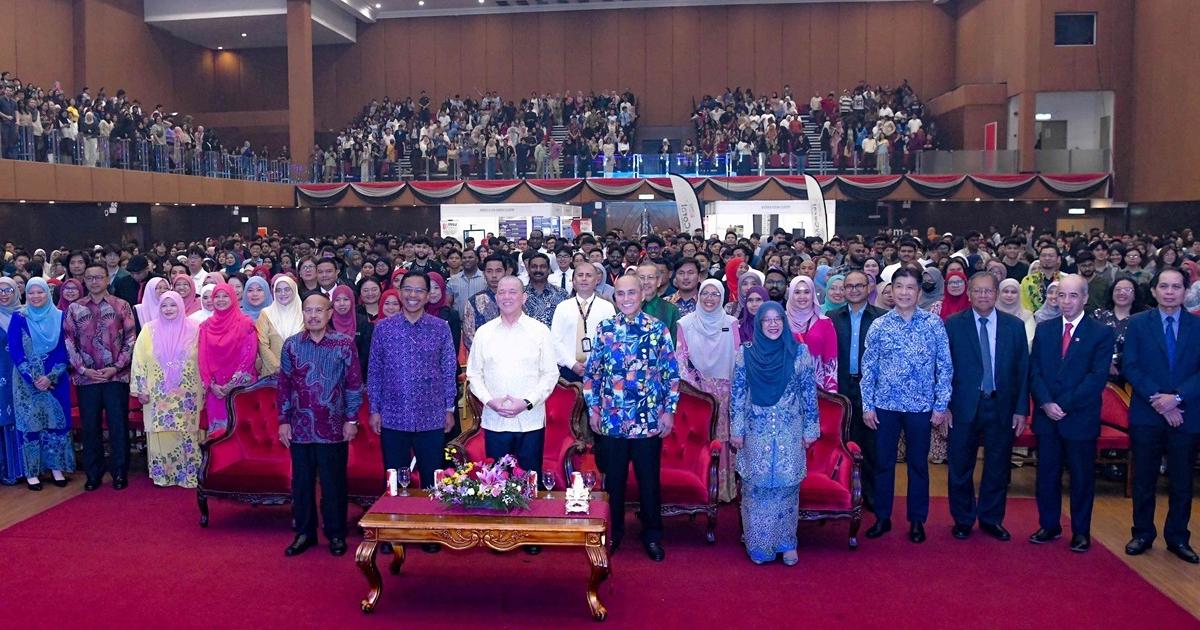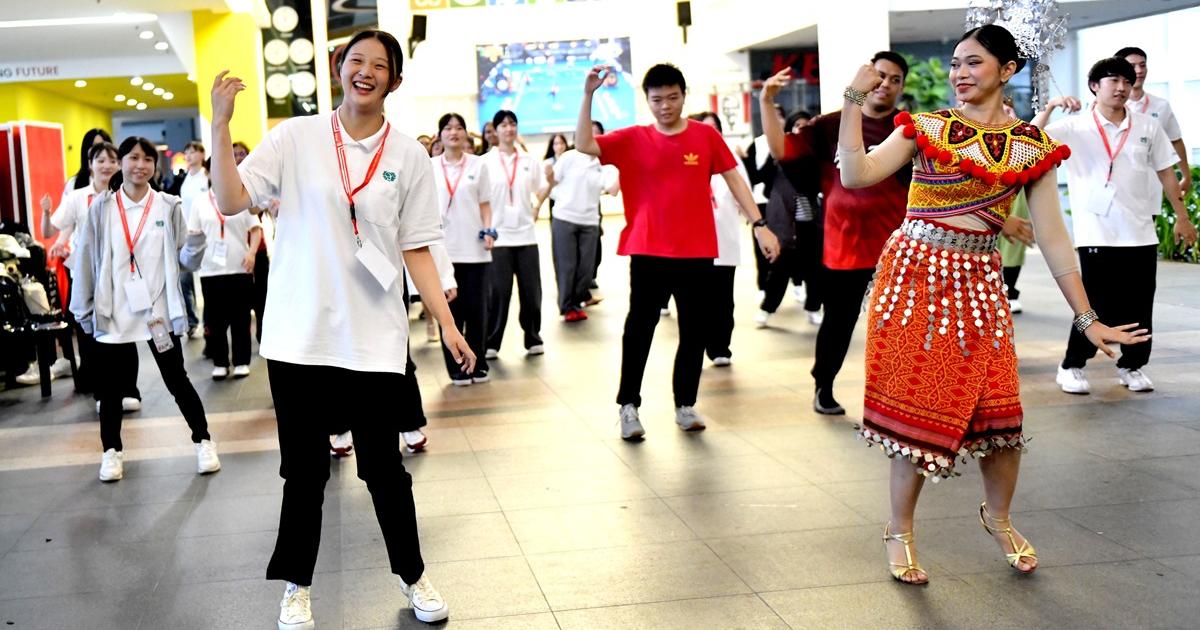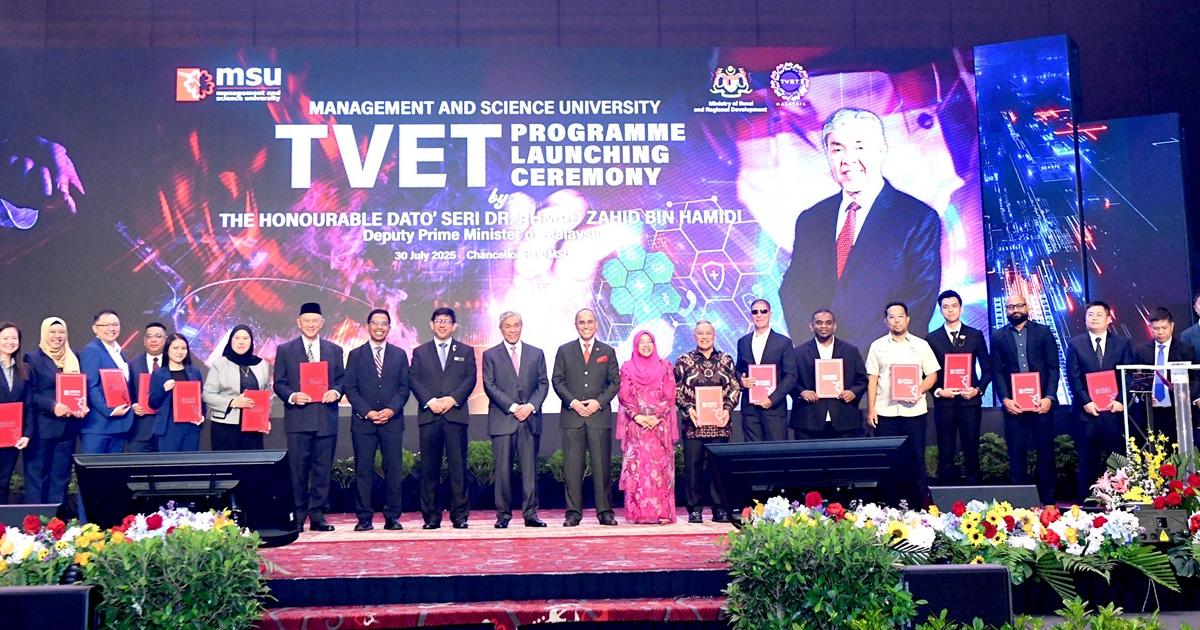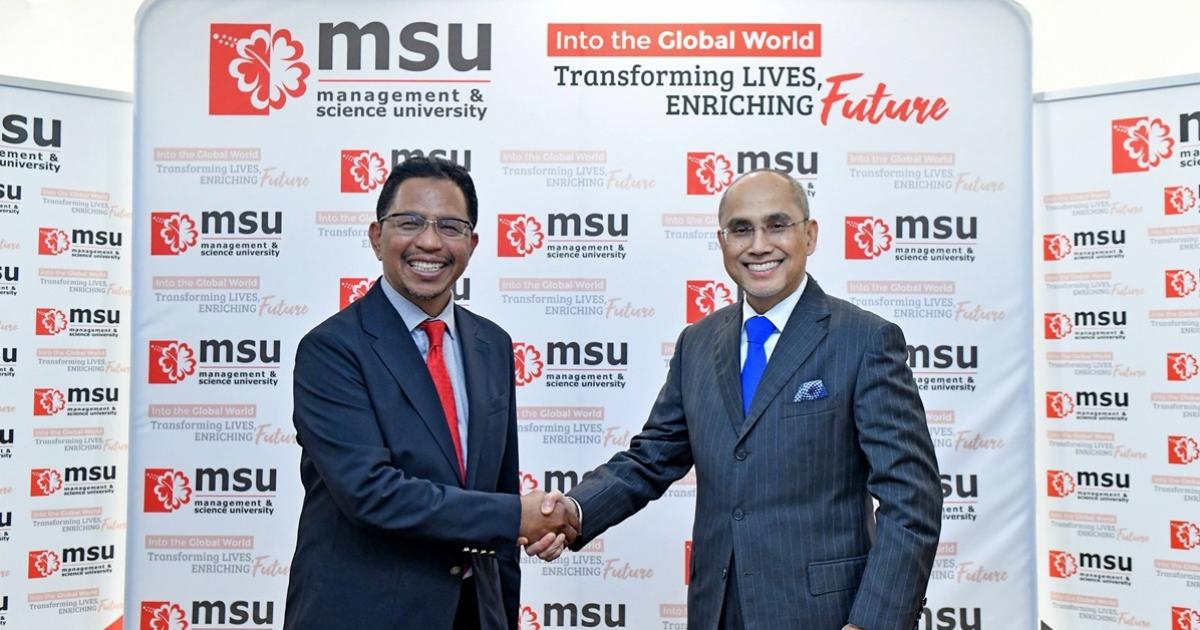
A camera, held like a lamp against the dark, was silenced by bullets. In Khan Younis, a southern city in the Gaza Strip, Al Jazeera correspondent Anas al-Sharif was killed while documenting tragedy. His image, however, was not buried with him. Almost immediately, it rose above the crowd in Kuala Lumpur’s Independence Square, just as it did in Berlin, Washington, and Madrid. His memory became a bridge between Gaza and humanity.
The vigils that followed were more than moments of mourning; they were acts of defiance—affirmations that voices cannot be killed, and lenses, even shattered, continue to illuminate. Days later, sorrow deepened with the bombing of Nasser Hospital, Gaza’s last functioning medical center. It was a “double-tap strike”—a first missile, then a second targeting rescuers and journalists—that transformed grief into a global outcry. Between Gaza and the world, one truth became clear: memory, once awakened, becomes moral resistance that transcends geography and blood.
When Law Collapses Entirely
The murder of Anas al-Sharif in early August near Al-Shifa Hospital was among the starkest attacks on journalists. Alongside him, several colleagues died in a targeted strike on a tent used by reporters. Three weeks later, on 25 August 2025, the double strike on Nasser Hospital killed 21 people: five journalists from Reuters, Associated Press, Al Jazeera, and Quds; doctors and nurses; and civilians who had rushed to help.
This horror laid bare the fragility of international humanitarian law. The Geneva Conventions, which explicitly guarantee the protection of journalists and hospitals, proved meaningless against bombs that erased both lives and testimony. The gap between written law and lived reality was exposed in blood. Malaysia’s Ministry of Foreign Affairs issued a statement condemning the raid as a war crime, urging the UN Security Council to act. Similar condemnations poured from governments across Asia, Latin America, and Europe, all describing the attacks as blatant violations of international law.
Institutions and individuals joined this chorus. Human rights organizations called the strikes a systematic attempt to silence truth. Canadian photographer Valerie Zink resigned from Reuters, protesting the silence of her agency and others, calling the targeting of journalists “a betrayal of journalism and of truth itself.” The combined response of governments, institutions, and individuals made clear that Nasser was not a Palestinian tragedy alone but a wound in the conscience of the world.
Memory Resists the Machinery
The image of Anas al-Sharif was not a mere photograph; it was a living presence in Kuala Lumpur’s Dataran Merdeka. Placards bearing his face glowed in candlelight, echoing scenes from Dublin, Berlin, and São Paulo. It reminded the world that the fall of a body does not mean the death of a story.
Statistics gave the memory weight. Gaza’s Government Media Office reported that 237 journalists had been killed since October 2023 in what it called a systematic campaign against truth. In Malaysia, surveys reflected similar outrage: 64.4% of citizens said Israel’s assault had “crossed every line,” while 46.7% saw U.S. support for Israel as the greatest threat to bilateral stability. These figures were not sterile data but indicators of conscience—a society choosing justice over interest.
What unfolded in Kuala Lumpur was not local but global. By gathering in squares, Malaysians joined a universal struggle against forgetting. Memory, defended and amplified, became resistance. It stitched Gaza’s pain to a worldwide moral geography, refusing erasure.
From Candlelight into Action
Solidarity in Malaysia did not end with vigils. It surged into the streets. More than 100,000 people joined the Sumud Nusantara, a three-day rally in Kuala Lumpur. There, Prime Minister Anwar Ibrahim gave one of his most forceful speeches, declaring that Gaza’s plight was “colonialism in every sense.” He invoked Malaysia’s own history under British rule, linking past oppression to present solidarity, and pledged 100 million ringgit (USD 21 million) in additional humanitarian aid. Citizens and businesses were called to contribute, making solidarity a shared national project.
The Carnival also launched the Sumud Nusantara Flotilla, which pledged to join the Global Flotilla of Sumud—a coalition of activists from over fifty countries seeking to break Gaza’s blockade by sea. The word Nusantara, rooted in Malay history, evoked the broader Southeast Asian archipelago, symbolizing that Gaza’s struggle belonged not to one nation but to many. Malaysian and Palestinian flags waved together as chants rolled across the capital, collapsing distance into proximity.
Kuala Lumpur was not alone. In Jakarta, Istanbul, Madrid, Johannesburg, and São Paulo, tens of thousands echoed the same slogans. In Berlin and Washington, the chants sounded identical. Each fragment formed a vast mosaic, a conscience assembling in public squares. To stand in Kuala Lumpur was to feel one stood in any city of the world—the pulse was one, and the message clear: Gaza is not alone.
Truth Defies Every Darkness
The twin tragedies in Khan Younis—the murder of Anas al-Sharif and the double strike on Nasser Hospital—did more than extinguish lives; they exposed a war over memory itself. The occupation sought to silence the camera, but Malaysia lifted it high in Kuala Lumpur, as did London, Ottawa, Jakarta, and Doha. The message was unmistakable: solidarity is not ritual but moral resistance, transcending politics and blood.
The vigil for Anas and the launch of the Nusantara Flotilla revealed a stage larger than any single nation. Crowds, chants, and flags conveyed the impression that every city on earth was present. These were not local events but windows through which the world saw Gaza—and, through Gaza, its own conscience.
From Gaza to Malaysia, from streets to universities, one truth resounds: bullets may strike the body, but they cannot extinguish the light. Memory, when guarded, becomes stronger than forgetting. Malaysia, with many nations, has proven that justice, though delayed in courtrooms, can be born in the conscience of peoples. And truth, however long the road, never dies.
- Business News 100
- Country News 16
- Feature News 30
- International News 151
- Interview News 35
- National News 18







